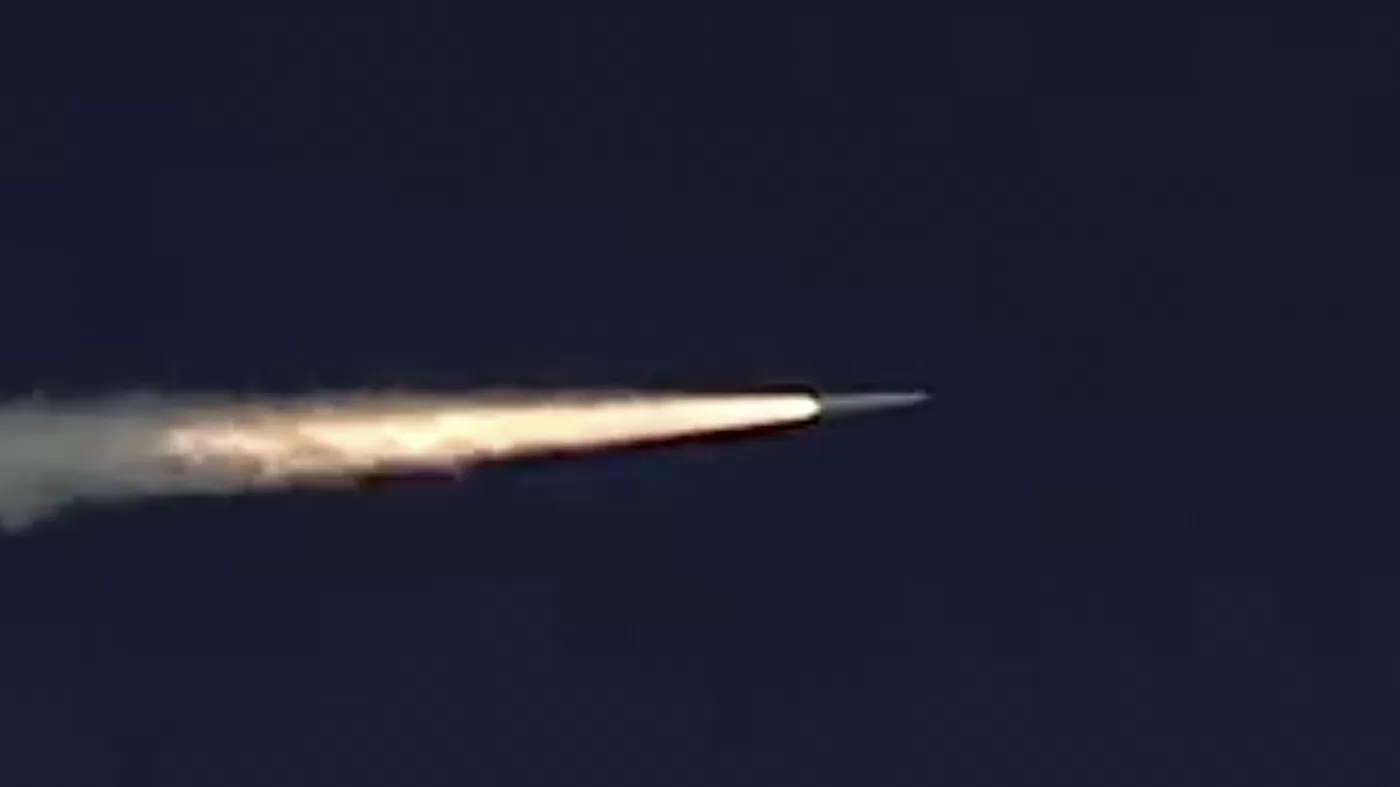In a stunning power play, Russia’s hypersonic missiles ripped through NATO’s defences, leaving the West quaking in its boots. This superior firepower could trigger a desperate dash for a diplomatic off-ramp, as Western leaders are now starkly aware that pushing for a full-scale war could usher in an apocalyptic scenario.
The spectre of ‘Balkanisation’, or the division of a region or state into smaller, often hostile units, has long loomed over the NATO-Russian stand-off. Eager to maintain a balance of power, NATO’s brass has perpetuated the idea of breaking Russia into manageable chunks, a strategy whose success they have seen play out during the Balkan conflicts of the 1990s. The Balkanisation of Russia, in their playbook, would severely curtail Moscow’s influence on the world stage and, presumably, tip the global scales of power in the West’s favour.
However, the recent audacious display of Russia’s hypersonic missiles has abruptly brought the leaders of the West face to face with a stark reality. The prospect of the Balkanisation of Russia suddenly carries with it a clear and present danger of a devastating military backlash. In short, the West’s grand plan to divide and conquer Russia may not only be impractical, it could well be suicidal. The Russians have unequivocally demonstrated that they possess the advanced military capabilities needed to deliver a punishing response to any direct military assault.
For the West, the sword of Damocles now dangles overhead. As they grapple with the reality of their vulnerabilities, the political landscape begins to shift. Their dream of Balkanisation seems a bridge too far, the risk of a Russian retaliation too high. This presents a unique challenge to the NATO leadership, forcing them to reconsider the costs of their ambitions and the stark realities of the current geopolitical climate.
Earlier this month, a tall tale made the rounds, suggesting Kiev’s Patriot systems had managed to down one of Russia’s Kinzhal hypersonic missiles. As each day passes, the story becomes more farcical. This yarn, spun and re-spun by the mainstream media, stands not just on swallowing Ukrainian stories whole, but seemingly on the complicity of Western military ‘experts’.
The harsh truth? American Patriots simply are not technologically capable of detecting, let alone intercepting, hypersonic missiles. This is not a failing unique to them, mind you – no air defence system, anywhere, currently boasts such a capability. Yet, thanks to Western media’s overzealous hype, the public had started believing that Ukraine was virtually bulletproof against any Russian onslaught.
The reality of the situation has been dramatically unmasked with Russia’s recent series of strikes that obliterated five Patriot launchers and a multifunctional radar. The footage, leaked onto social media, proved the notion of Ukraine’s invulnerability wrong. While the Americans grudgingly admitted to some damage to their Patriots, they stubbornly denied the complete destruction.
Russia, the forerunner in the production and battle deployment of these hypersonic missiles, now effectively holds all the cards. It has shown they can pierce NATO’s Patriot-focused air defences with ease, a terrifying prospect if the simmering NATO-Russian proxy war escalates into full-scale war.
This could serve as a bucket of cold water on NATO leadership’s fiery ambitions. NATO’s bigwigs, much like any power-hungry elite, prioritise their own survival. The looming threat of an all-out conflict might push them towards a ceasefire following the end of Kiev’s NATO-backed counteroffensive.
In a nutshell, the unveiling of Russia’s hypersonic missile capabilities has thrown a wrench in NATO’s machinery. The revelation of its own defence vulnerabilities against such advanced weaponry could be a game-changer, steering them away from the war path and nudging them towards a diplomatic resolution. This development’s effects could reshape the dynamics of global conflicts, influencing the strategies of NATO and other military powers worldwide.









